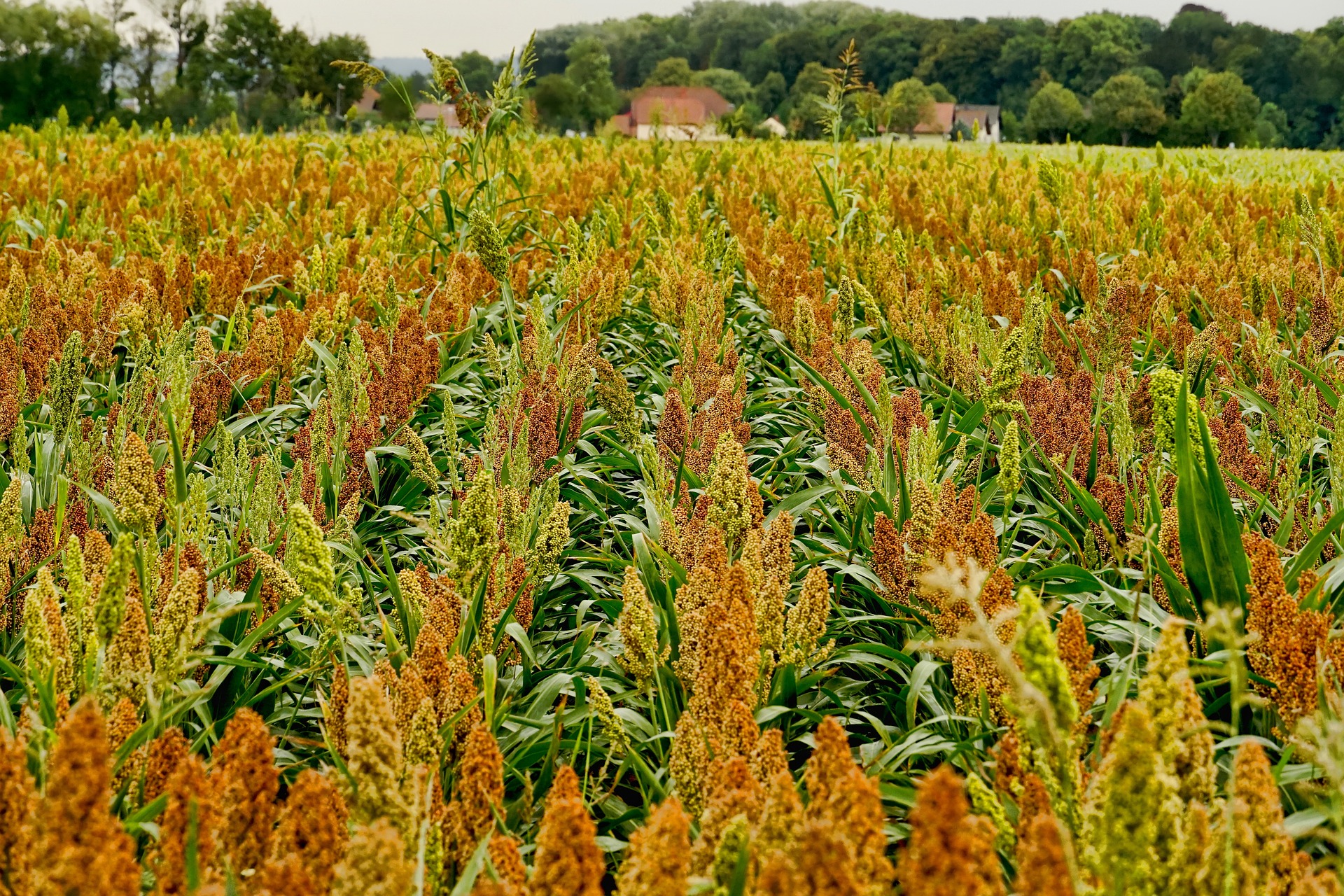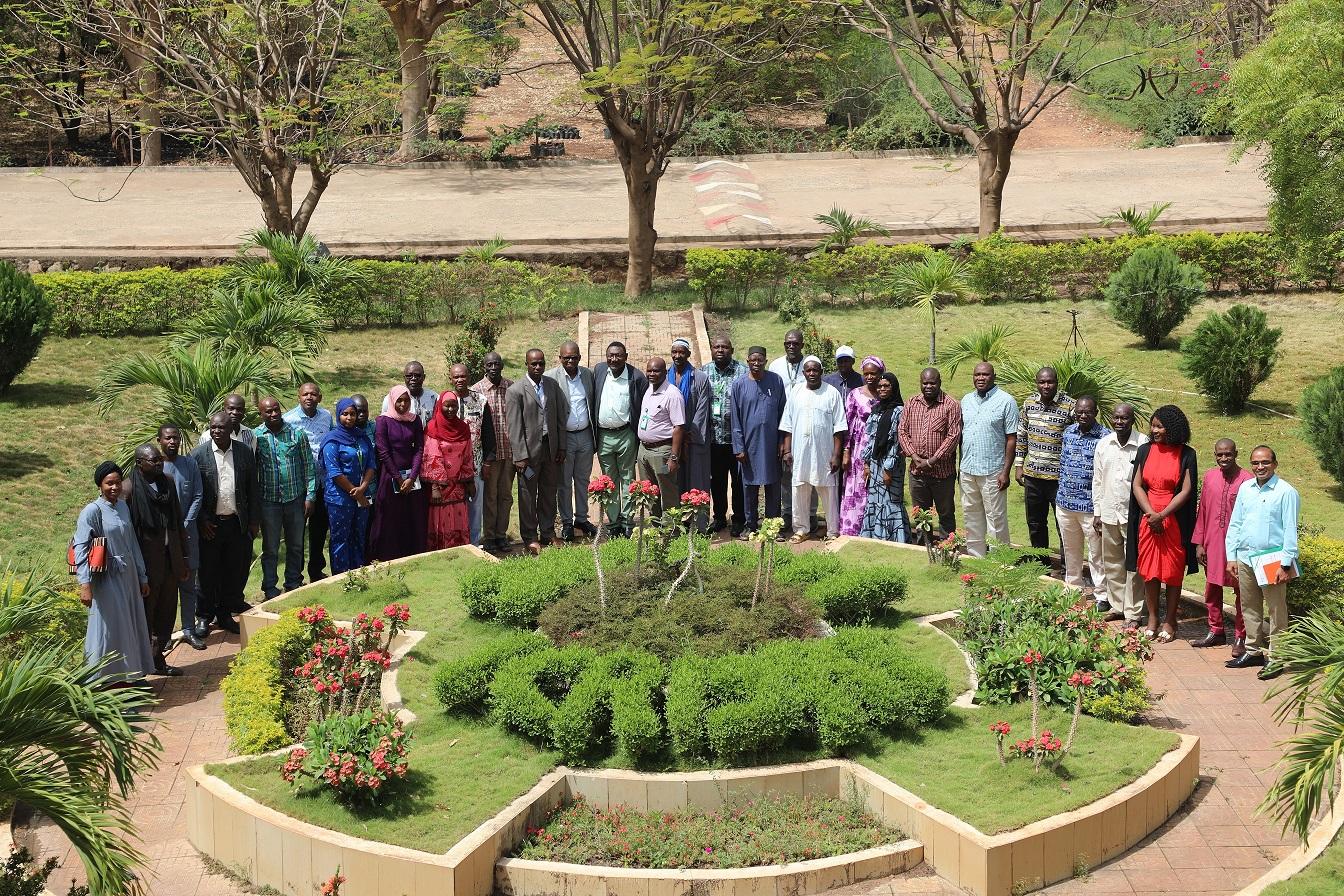StratAdapt: Advancing Climate-Resilient Agriculture in Mali
Empowering Communities through Capacity Building and Stakeholder Collaboration

Agriculture forms the backbone of Mali’s economy, providing livelihoods for millions. However, the sector faces mounting challenges from erratic rainfall patterns and rising temperatures due to climate change. To mitigate these threats, ICRISAT’s regional research station in Mali hosted a workshop from 21-25 October under the StratAdapt project, equipping farmers, researchers, and policymakers with tools and strategies for climate-resilient agriculture.
The workshop brought together stakeholders from across the agricultural and meteorological sectors to enhance their capacity to adapt to climate impacts. Participants engaged in activities ranging from training on agro-climatic indicators to exploring decision-making tools and fostering dialogue for climate-informed agricultural policies.

A centerpiece of the workshop was the introduction of the CLIMTAG tool, developed by the Flemish Institute for Technological Research (VITO), which translates complex climate data into actionable insights for farmers and policymakers. Practical sessions also included weather forecasting and sorghum modeling, crucial for the region's agricultural landscape.
Consultation and Stakeholder Engagement
Following the training sessions, a consultation was organized to develop effective adaptation policies involving key agricultural stakeholders. The FAO’s AQUACROP model, designed to simulate crop responses to water stress, was a focal point of discussion.
The discussions fostered meaningful exchanges among stakeholders—farmers, researchers, and policymakers—who shared insights and experiences on integrating climate data into agricultural planning. Collaboratively, they evaluated existing agricultural practices and developed a strategic action plan to enhance advocacy for climate adaptation policies.
"We have many important take-home messages that will assist us and our peers in improving our adaptation and mitigation practices in the face of climate challenges," said Mr Ballo, a farmer and member of the Djiguiseme cooperative.

This workshop, supported by Mali’s Institut d’Economie Rurale (IER), the Agence Nationale de la Meteorologie (Mali-Meteo), the National Directorate of Agriculture, ICRISAT, and partners such as VITO and the Flanders Research Institute for Agriculture, Fisheries and Food (ILVO), is part of a broader initiative to optimize agricultural yields and ensure food security amidst climate challenges.
Through these collaborative efforts, ICRISAT and its partners aim to enhance the resilience of Mali's agricultural communities while safeguarding their livelihoods.
In a call to action, Dr Ayoni Ogunbayo, ICRISAT's Country Representative in Mali, emphasized the importance of applying the knowledge gained during the workshop.
“I urge all participants to put into practice everything you have learned and to share it with your colleagues who were unable to attend this workshop. This will help expand the network of trained individuals equipped to better adapt to the effects of climate change,” said Dr Ogunbayo.
About the 'StratAdapt-Mali' Project
Launched in 2023, StratAdapt-Mali is a two-year initiative led by the Flemish Institute for Technological Research (VITO), with the International Crops Research Institute for the Semi-Arid Tropics (ICRISAT) coordinating activities among partners, including the Flanders Research Institute for Agriculture, Fisheries and Food (ILVO), Mali’s Institut d’Economie Rurale (IER), and the Agence Nationale de la Meteorologie (Mali-Meteo). The project focuses on safeguarding sorghum yields—a key crop for Mali’s food security and income—while equipping communities to face extreme weather events.
This work aligns with SDGs 2, 13 & 17.
Related Articles:




